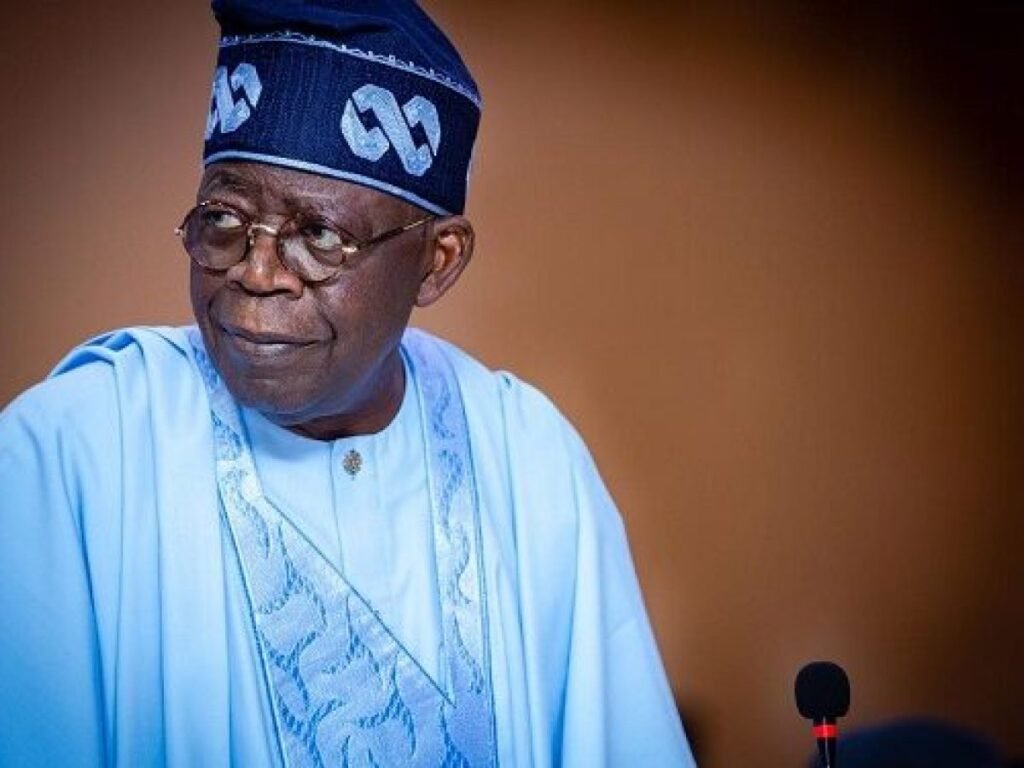Nigeria is set to eliminate an electricity subsidy for 15% of its consumers in a bid to trim its hefty 3.3 trillion naira ($2.6 billion) expense, as announced by presidential spokesperson Bayo Onanuga on Tuesday. This move is part of a broader initiative aimed at alleviating strain on public finances through reforms.
Onanuga highlighted the government’s fiscal challenge, pointing out that it allocated a mere 450 billion naira ($344 million) for the subsidy this year, leaving it under significant pressure to permit a tariff hike in the electricity sector.
Although the exact timeline for the tariff adjustment remains unspecified, Onanuga indicated that the government anticipates annual savings of nearly 1.1 trillion naira once the increase takes effect.
Nigeria last reviewed electricity tariffs in 2020, Onanuga said, adding the proposed increase would help businesses recover costs and boost investment. “With the huge subsidy burden and high cost of gas … the current electricity tariff is not realistic,” he said.
Last year, President Bola Tinubu initiated Nigeria’s most ambitious reforms in decades by eliminating a popular yet financially burdensome fuel subsidy and allowing a sharp devaluation of the currency.

These reforms, aimed at revitalising Africa’s largest economy, have triggered inflation surging past 30% and exacerbated a crisis in the cost of living, sparking discontent among workers. Onanuga clarified that only 15% of consumers, accounting for 40% of electricity usage, would bear the impact.
Nigeria’s power sector grapples with a multitude of challenges, including an ailing grid, gas shortages, substantial debt, and vandalism. Despite having an installed capacity of 12,500 megawatts, actual production hovers at around a quarter of that figure, forcing many to rely on costly diesel generators.
Furthermore, state-regulated power tariffs remain too low to enable distribution companies to cover expenses and reimburse generating companies, resulting in mounting debts within the sector.
Onanuga outlined the government’s consideration of assisting generating firms in offsetting approximately 1.5 trillion naira in debt owed to the country’s bulk electricity purchaser









